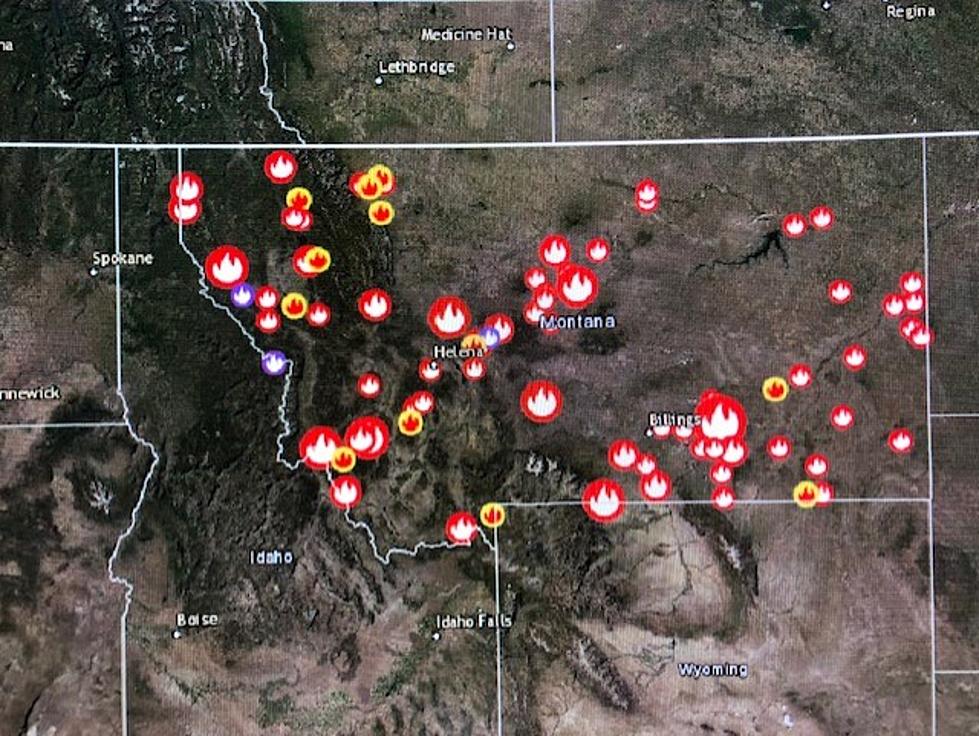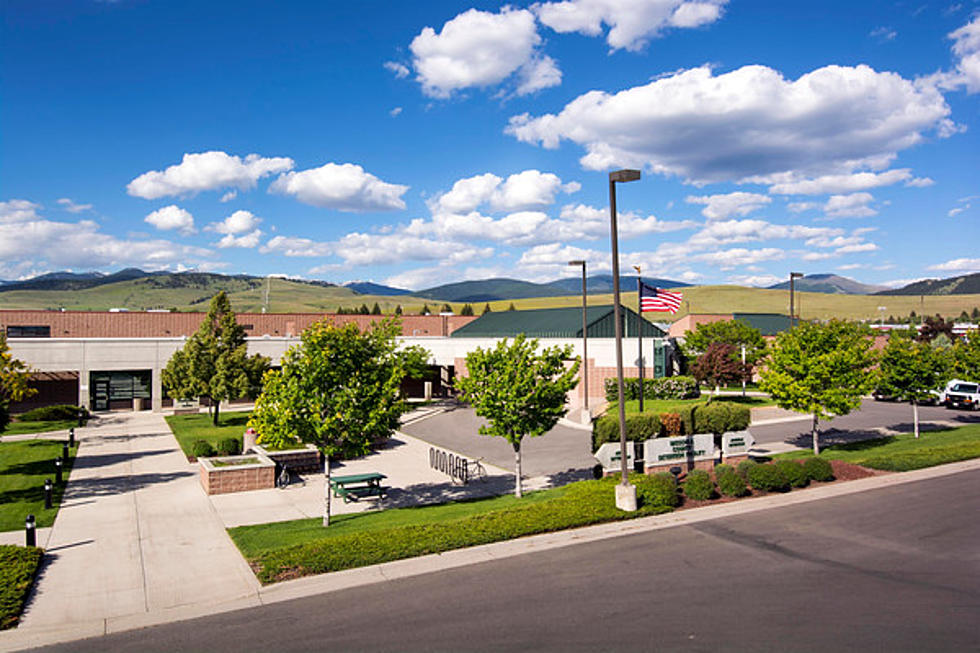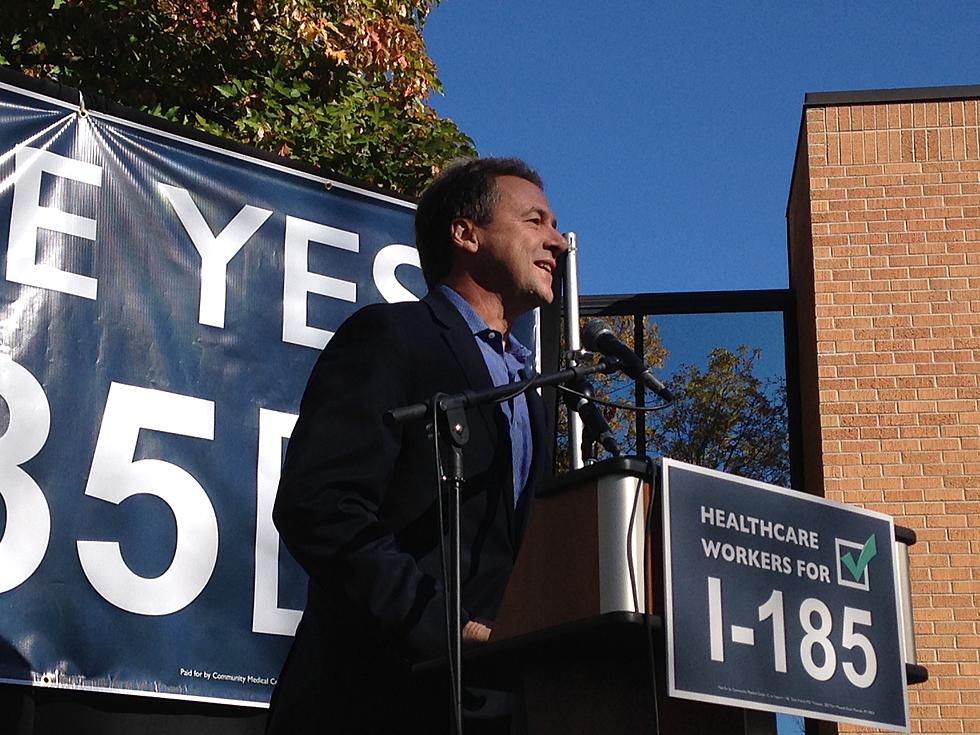![Water Rights Agreement in the Works Between State and Tribes [AUDIO]](http://townsquare.media/site/119/files/2012/10/irrigation-sprinklers-630x472.jpg?w=980&q=75)
Water Rights Agreement in the Works Between State and Tribes [AUDIO]
Missoula residents know where their water comes from...turn on the tap and Mountain Water provides the water. But, on the Confederated Salish and Kootenai reservation the issue of water rights has a long and complicated history, but some solutions are being proposed.
Assistant Attorney General for the State of Montana Jay Weiner is the staff attorney for the Montana Water Rights Compact. In the attached interview, Weiner explains a brief history of water rights on the reservation, and how recent negotiations have brought friction between tribal members and non-tribal land and business owners.
Weiner says federal laws use the concept of 'first in time, first in right...which means the CSKT, which can trace their rights back to 1855 and before, would have first rights to the water. Weiner says what makes the situation unique with the Salish and Kootenai tribes, is that due to the language contained in the Hellgate Treaty, their water rights extend beyond the actual borders of the reservation.
Weiner says a draft settlement agreement that would guarantee non-tribal members continued use of their water is currently under review, and public input is being solicited.
Weiner says the CSKT has worked diligently to assure those who work the land or have businesses on the reservation that their water rights will be respected and will continue to be honored.
A 3-part commission called the Water Management Board, two members would be selected by the Governor, two selected by the Tribes, and two more selected by the other four, is also a part of the draft settlement agreement. The task of the board would be to administer all the water rights on the reservation.
Because of its length, the interview below is broken up into two parts. Listening to both parts will give you an overview on the water rights issue, and also provides addresses and phone numbers of officials, along with links to where you can submit public comments.
Assistant Attorney General Jay Weiner
Part 2
More From Newstalk KGVO 1290 AM & 98.3 FM









